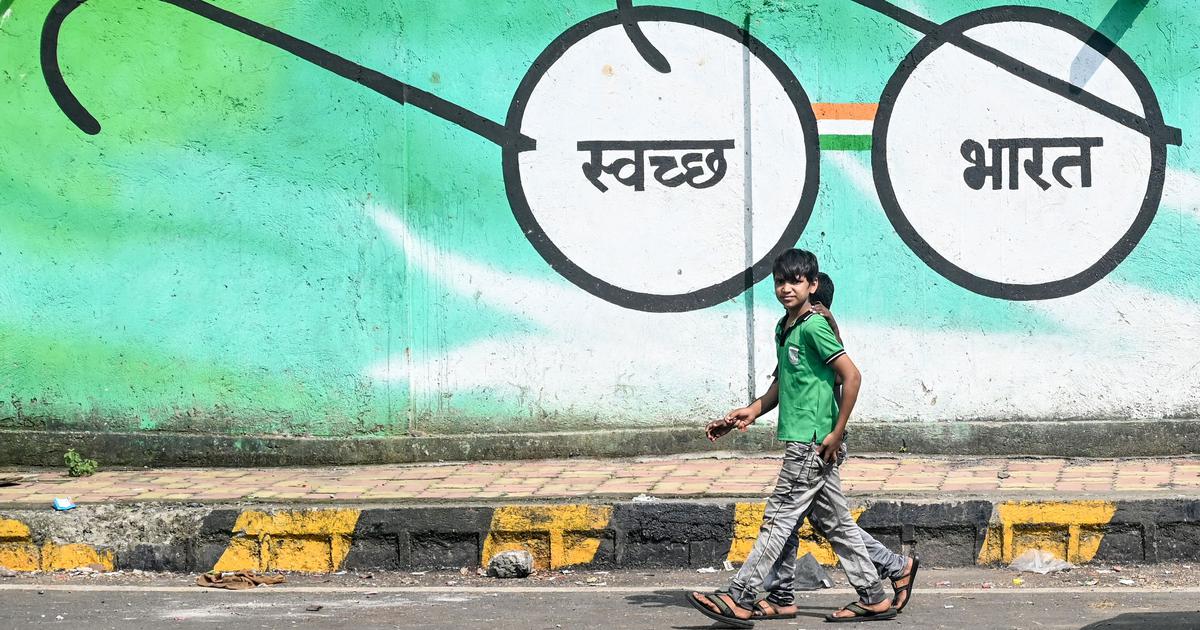Insights from a Gandhian approach to solid waste management in urban India

Join our WhatsApp Community to receive travel deals, free stays, and special offers!
- Join Now -
Join our WhatsApp Community to receive travel deals, free stays, and special offers!
- Join Now -

Kautilya’s Arthashastra, an ancient Sanskrit treatise, has countless references to fines and regulations intended to maintain civic order: 12 pana for neglecting a field at the time of sawing, 24 pana for selling perishable goods, and so on.
One would think that such strict penalties will be useful for urban solid waste management in India today. But upon looking deeper into the issue, the thinker who comes to mind is not Kautilya, but Mohandas Gandhi.
Consider the difference between the two major government frameworks at the national level on waste management. The Municipal Solid Waste (Management and Handling) Rules, 2000, promoted a centralised approach, advocating for large waste collection facilities. Unsurprisingly, this proved unsuccessful and was revoked in 2016.
The Solid Waste Management Rules, 2016, instead emphasise decentralisation, encouraging segregation of waste at the source – within households, shops, and institutions. It reflects a crucial truth: involving individuals who generate waste in the management process is essential.
This principle echoes Gandhi’s broader economic and social philosophy. Gandhi believed that the challenges of modernity must be addressed at the individual level. While philosopher Karl Marx and anti-caste icon BR Ambedkar emphasised class or caste or society, Gandhi placed responsibility first and foremost on the individual.
In the case of waste management, this...
Read more
What's Your Reaction?
 Like
0
Like
0
 Dislike
0
Dislike
0
 Love
0
Love
0
 Funny
0
Funny
0
 Angry
0
Angry
0
 Sad
0
Sad
0
 Wow
0
Wow
0























































